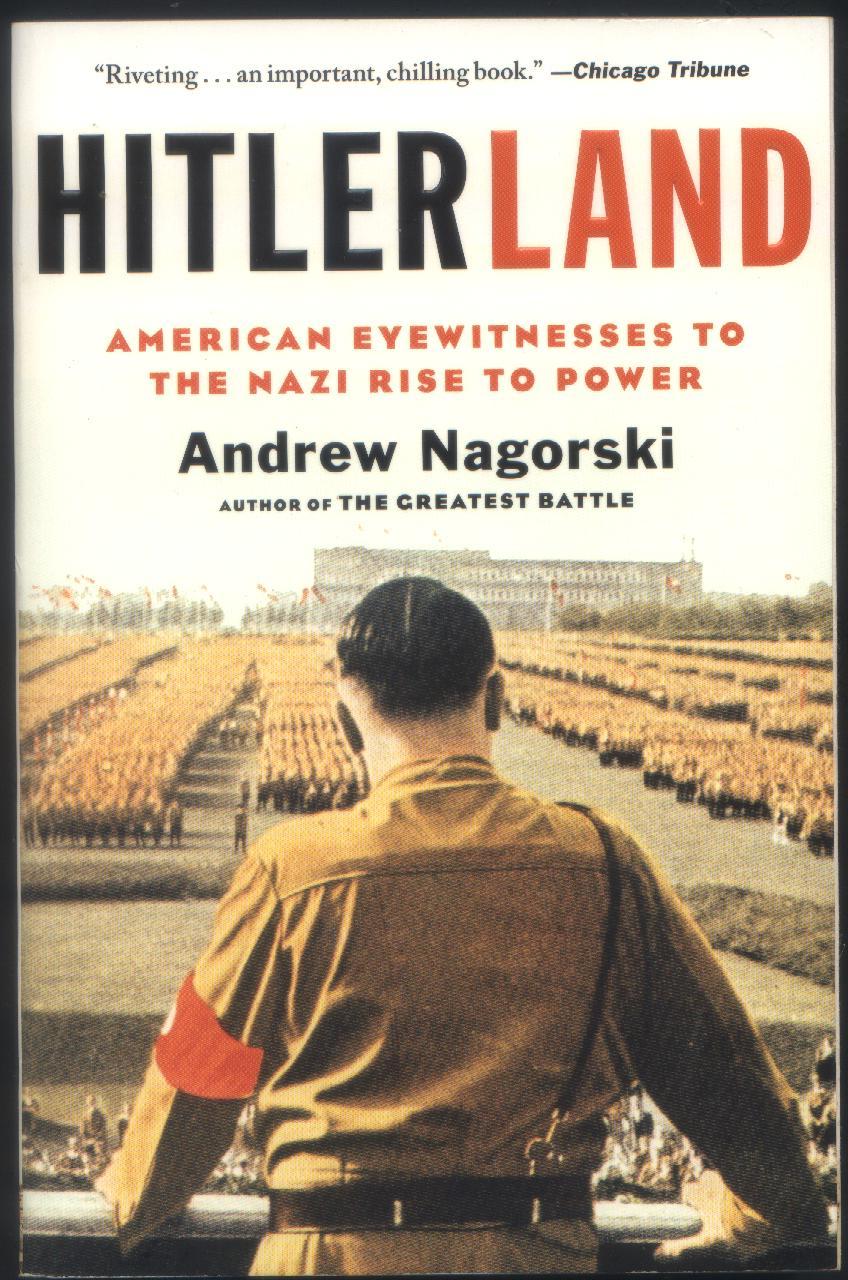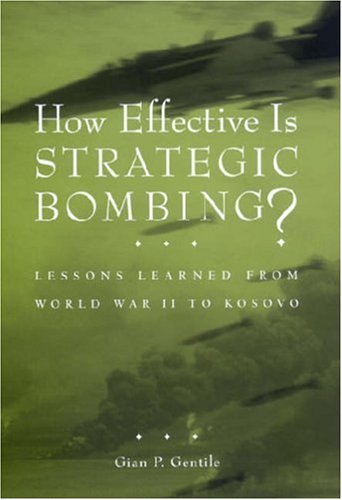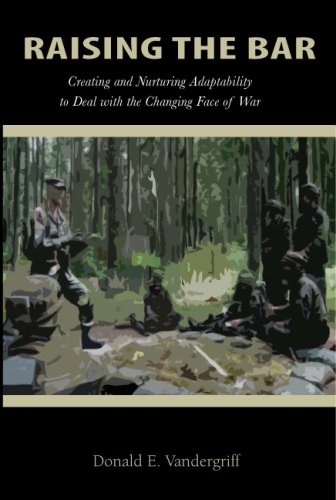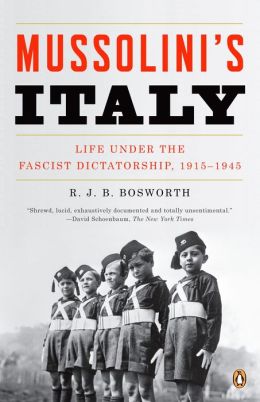[by J. Scott Shipman] [Warning: Maritime in flavor]

No matter how far humanity may go in seeking to foster the arts of civilization and the ideals of civic peace, there will come times when acts of war are required in order to defend world order and sustain the peace of civilized peoples. Charles Hill’s, Grand Strategies, Literature, Statecraft, and World Order, page 48
The lift quote in the title is attributed to Winston Churchill, and in this period of uncertainty with sequestration and deep cuts in defense commanding the attention of military leadership, one thing is becoming crystal clear: we have no cogent or explainable military strategy. Sure, we have “concepts” like Air-Sea/Air-Land Battle, A2/AD, and Off-Shore Control, but our most recent unclassified Navy strategy document A Cooperative Strategy for 21st Century Seapower was written in 2007 may be a bit dated.
This week I attended the U.S. Naval Institute’s annual Defense Forum, Shaping the Maritime Strategy and Navigating the Budget Gap Reality and given the title, there was a lot of talk about funding and in that light/context, strategy was that thing “we’re in the process of doing.” Several people I spoke with expressed concern about “telling the navy’s story,” “why we have a navy,” and one member of Congress encouraged us to build an engaged constituency to put pressure on Congress to knock-off the schizophrenic approach to appropriations, so that a bit of certainty will allow the development of a strategy. Since DoD hasn’t been successfully audited in a long, long time (if ever), I wouldn’t hold out hope for a grass-roots rescue. As Mr. Churchill wisely advises, “now we have to think.”
Strategy Defined
Since strategy is a hot topic, offered here are several definitions ranging from the classic to practitioners and academics, with the goal of framing the elegant simplicity of strategy as a theory, and challenge of defining in reality. As Colin Gray points out in his National Security Dilemmas: “The United States has shown a persisting strategy deficit.” (page 170) Dilemmas, written in 2009 before the budget axe fell in earnest he offers: “One would think that the following definition and explanation must defy even determined efforts of misunderstanding:” (he then quotes Clausewitz)
Strategy is the use of engagement for the purpose of war. The strategist must therefore define an aim for the entire operational side of the war that will be in accordance with its purpose. In other words, he will draft the plan of the war, and the aim will determine the series of actions intended to achieve it: he will, in fact, shape the individual campaigns and, within these, decide the individual engagements.” (On War, page 177)
The definition of strategy from the Department of Defense Dictionary of Military and Associated Terms, Joint Publication 1-02:
strategy — A prudent idea or set of ideas for employing the instruments of national power in a synchronized and integrated fashion to achieve theater, national, and/or multinational objectives. (JP 3-0)
Other definitions:
J.C. Wylie, RADM, USN, Ret., Military Strategy, page 14
“A plan of action designed in order to achieve some end; a purpose together with a system of measures for its accomplishment”
Henry E. Eccles, RADM, USN, Ret., Military Concepts and Philosophy page 48:
Strategy is the art of comprehensive direction of power to control situations and areas in order to attain objectives. (emphasis in original)
Bernard Brodie, Sea Power in the Machine Age, page 78
“Tactics may be distinguished from strategy by the criterion proposed by Mahan—the fact of contact. “Tactics” refers to localized hostilities that occur where the adversaries are in contact; “strategy” refers to those basic dispositions in strength which comprise the entire conduct of a war.”
General André Beaufre, Introduction á la stratégie, 1963, page 16. (note: I don’t read/speak French, I found the quote in Edward Luttwak’s Strategy, The Logic of War and Peace)
“…the art of the dialectics of wills that use force to resolve their conflict.”
Paul Van Riper, LtGen, USMC, Ret, Infinity Journal, Volume 2, Issue 3, Summer 2012
“…strategy is specifically about linking military actions to a nation’s policy goals, and ensuring the selected military ways and means achieve the policy ends in the manner that leaders intend.”
From John Boyd’s Strategic Game of ?And?
What is strategy?
A mental tapestry of changing intentions for harmonizing and focusing our efforts as a basis for realizing some aim or purpose in an unfolding and often unforeseen world of many bewildering events and many contending interests.
What is the aim or purpose of strategy?
To improve our ability to shape and adapt to unfolding circumstances, so that we (as individuals or as groups or as a culture or as a nation?state) can survive on our own terms. (emphasis added)
Our own Lynn Rees
Politics is the division of strength. Strategy, its tool, squares drive, reach, and grip while striving for a certain division of strength.
Drive falls between too weak and too strong. Reach falls between too short and too far. Grip falls between too loose and too tight.
How strategy squares the three is open ended and ongoing. Outside friction, deliberate or not, always conspires with inside friction, intentional or not, to keep things interesting for strategy.
Drive is the certainty you want. Reach is the certainty you try. Grip is the certainty you get. Grip can be a little sway over certain minds. It can be big hurt carved in flesh and thing. Amid uncertainty, strategy strives for certain grip. The varying gulf between certain want, uncertain try, and not certain getting is the father of strategy.
Observations
Paradoxically, complexity is easy to design. �Colin S. Gray, The Strategy Bridge, page 25
All of these definitions have merit, and most coalesce around: power, conflicting wills, violence, and control. Lynn recently had a post on “Grip” where he offers a guide to physically grasp strategy (I do admire his imagery). Admiral Eccles also has a similar and complementary list:
A strategic concept is best expressed in explicit statements of
What to control,
What is the purpose of this control,
What is the nature of the control,
What degree of control is necessary,
When the control is to be initiated,
How long the control is to be maintained,
What general method or scheme of control is to be used. (page 48)
Both of these lists are unambiguous. (One of the biggest complaints about Air-Sea Battle and A2/AD is the ambiguity. Sam Tangredi wrote a book on the latter which I’ll review soon.) Bernard Brodie in A Layman’s Guide to Naval Strategy, page 14-15 (emphasis added), reminds us:
There is no need for a complicated terminology. However, to say that the basic principles of war are easy to understand is not to say that it is easy to comprehend the finer points, or what is more important, to determine upon a wise plan of strategy and then carry it out. The great commander must of course have a profound insight into all the ramifications of strategic principle, but that is only the first requirement of military leadership. He must thoroughly understand tactics, which with modern arms is bound to be exceedingly complex and require long training and experience. He must know how to solve problems of supply or “logistics,” he must know human nature, and he must have certain qualities of character and personality which transcend mere knowledge. He must be able to stick to his course despite a thousand distractions and yet be sufficiently elastic to recognize when a change in circumstances demands a change in plan. He must above all be able to make adjustments to the inevitable shocks and surprises of war.
Unfortunately, the very preoccupation of commanders with specific and inevitably complex problems sometimes tends to make them impatient with the age old verities. Long-tested doctrines which are utterly simple are rejected in part because of their very simplicity, and in part too because of the dogma of innovation so prevalent in our age. The French High Command in the summer of 1940 found out too late that the side which carries the ball makes the touchdowns, and that all the maxims of great military leaders of the past relative to the merits of initiative had not been outmoded by modern arms. We live in an age when basic theories of naval warfare are being rejected out of hand by responsible officials on the wholly unwarranted assumption that they do not fit modern conditions. One can say about theory what Mahan said about materiel: “It is possible to be too quick in discarding as well as too slow in adopting.”
There’s a lot to digest in those two paragraphs, but one take away is that whatever the Navy presents as a strategy should be easy to understand and explain. The strategy should also explain how it plans to maintain control or “command the seas.” And finally, as Wylie reminds the planner:
Wylie’s assumptions in a General Theory of War:
Despite whatever effort to prevent it, there will be war
The aim of war is some measure of control over the enemy
We cannot predict with certainty the pattern of the war for which we prepare ourselves
The ultimate determinate in war is the man on the scene with a gun
As we build our strategies and plans, these decidedly old-fashioned and many cases very simple guides can help us get it right.


















